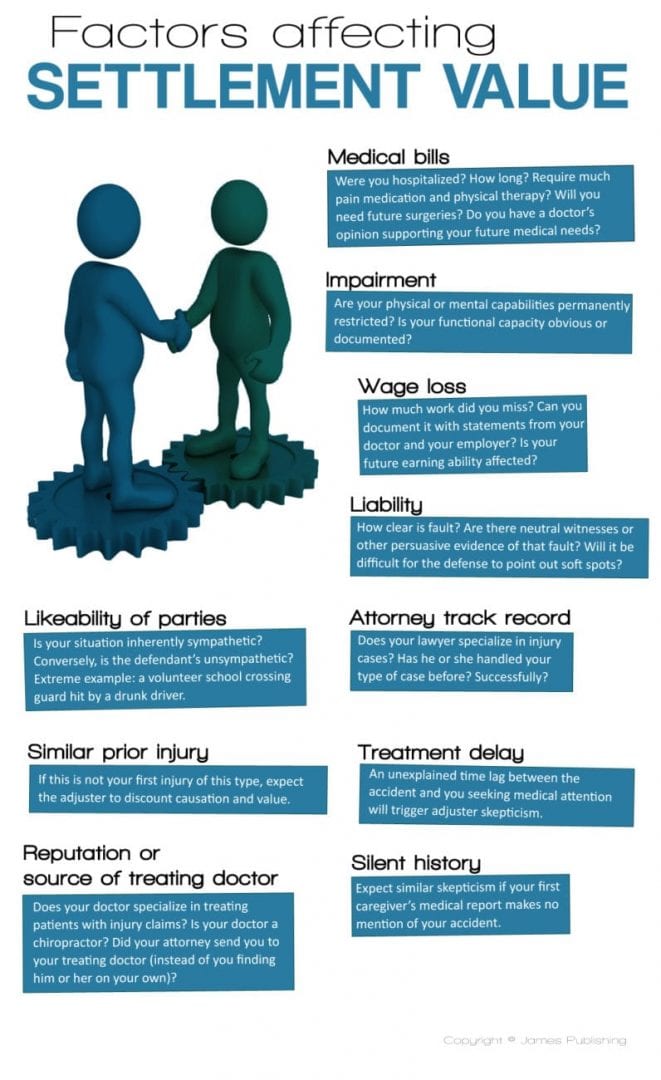Landlord-Tenant Regulation: A Property Attorney'S Guide
Landlord-Tenant Regulation: A Property Attorney'S Guide
Blog Article
Post Author-Lopez Hansen
When it comes to landlord-tenant law, recognizing your legal rights and responsibilities is essential for both parties. You might think you have a strong grasp on the basics, yet there are usually subtleties that can capture you off-guard. Whether you're a property manager taking care of a home or a renter trying to find a secure home, recognizing the legal landscape can make all the distinction. What could amaze you are the complexities involved in navigating disputes and expulsion processes.
Comprehending Occupant Civil Liberties and Responsibilities
When you rent out a property, it's vital to recognize your rights and obligations as a lessee. You deserve to a risk-free and habitable living setting, meaning your landlord has to preserve vital services like home heating, plumbing, and electrical power.
You're additionally entitled to personal privacy; landlords typically need to provide notice before entering your system.
On the other side, you're responsible for paying rental fee on time, keeping the home clean, and not creating damages past typical damage.
Familiarize on your own with your lease arrangement, as it lays out details guidelines and responsibilities. Understanding these facets not only secures you but additionally cultivates a favorable connection with your landlord.
Stay educated, and you'll navigate your occupancy more effectively.
Key Landlord Responsibilities and Legal Factors To Consider
While you may recognize your rights as a renter, it's equally crucial to comprehend your property manager's commitments.
Landlords have to offer a risk-free and habitable living setting, ensuring that essential systems like home heating, pipes, and power remain in working order. They're additionally in charge of making necessary repairs immediately and sticking to neighborhood building codes.
In addition, property managers should value your personal privacy by giving proper notice prior to entering your unit, typically 24-hour. They need to deal with security deposits according to state regulations, consisting of returning them without delay after you vacate, minus any kind of lawful deductions.
Recognizing these obligations can assist you keep a positive connection with your property manager and guarantee your living scenario fulfills legal requirements.
Browsing Disputes and Expulsion Procedures
Disagreements between property managers and lessees can occur unexpectedly, making it crucial for you to comprehend the processes involved in solving them.
Initially, interaction is essential-- attempt to go over issues straight to discover a compromise. If that falls short, acquaint yourself with your neighborhood regulations relating to disagreements and eviction. Record every little thing: maintain records of interactions, settlements, and any type of infractions.
If expulsion ends up being necessary, ensure you comply with the legal steps required in your location, which commonly consists of offering composed notice and a certain timeframe for resolution.
Be prepared to visit court if the situation rises, maybe your only option. Comprehending these processes will certainly assist you browse disputes more effectively and shield your rights as either a property owner or renter.
Conclusion
In summary, comprehending landlord-tenant legislation is vital for both parties associated with a rental agreement. By understanding your legal rights and obligations, you can cultivate a much better living setting and stay clear of problems. If ohly law office emerge, keep in mind that a realty legal representative can aid assist you via the intricacies of eviction procedures and lawful obligations. Staying notified and linked web page will ensure a smoother rental experience, whether you're a property owner or a tenant.
